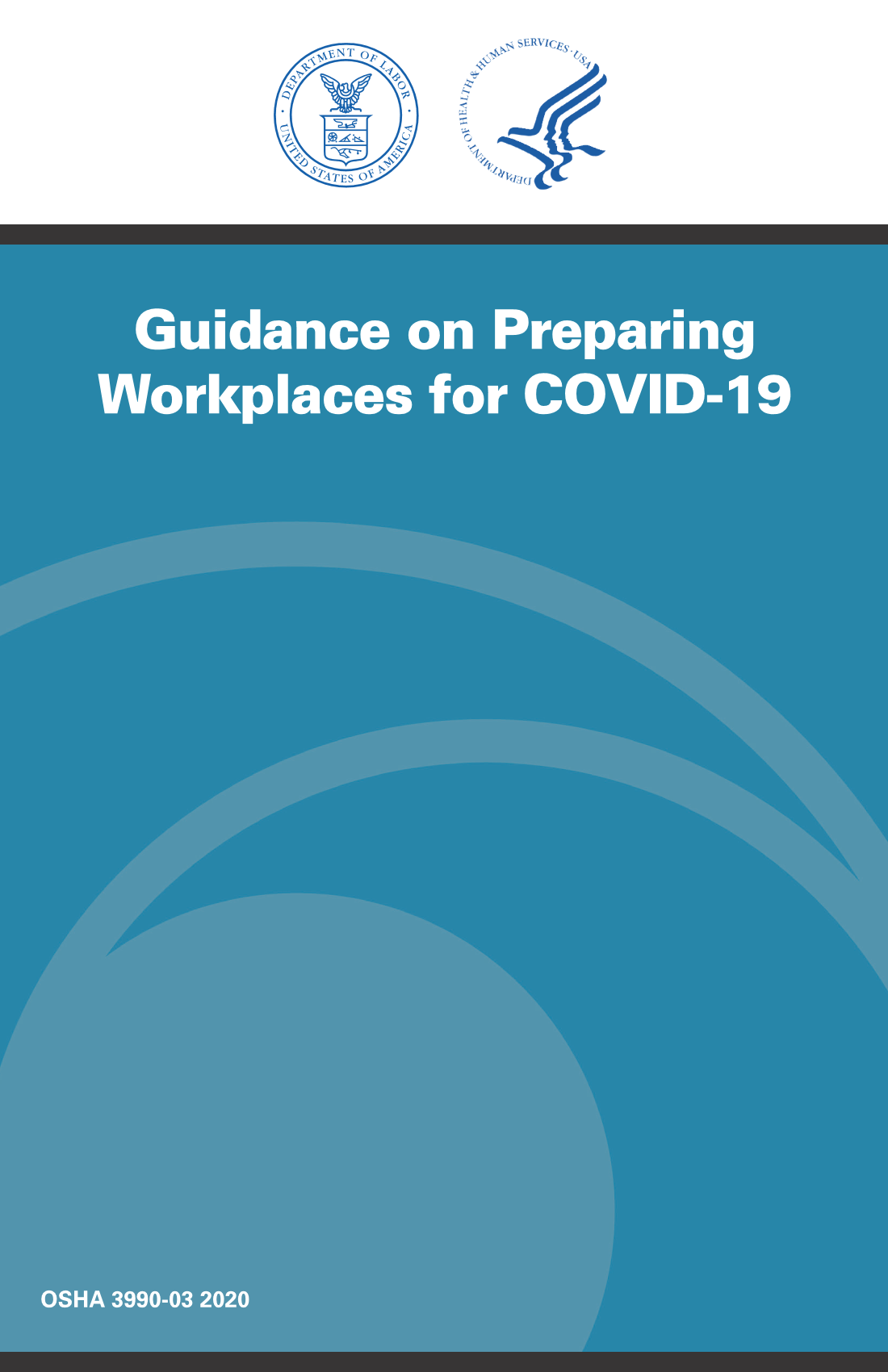It is no secret that the economy has taken a hard hit this year and it has affected both businesses and employees. Many businesses have had to make tough decisions including layoffs, cutting benefits, and withholding pay raises. Employees are struggling as well — scrambling to stay current on their bills. Employee pay advances can be a positive solution for both parties. Employers add a valuable employee benefit to their arsenal, while employees have a fallback option in case of financial hardship.
Financial Help for Struggling Employees
When employees find themselves in a financial crunch and need money to pay bills or cover other expenses, they often turn to risky solutions that can end up exacerbating their financial difficulties. For example, “payday loans” can provide fast, seemingly easy pay advances, but consumers may not realize that they’ll be facing high interest rates and harsh penalties for late repayment of the loan. Unfortunately, many loan companies have taken advantage of the economic environment to impose predatory interest rates and penalties.

Some people turn to credit cards for help. Though credit cards generally have a lower interest rate than a payday loan, rates still tend to be quite high, averaging 15 percent with some soaring to 30 percent. Paying bills with credit cards may seem like a quick fix, but the reality is that this practice will only add to the employee’s financial burden in the future.
However, organizations can offer an alternative for employees in need. By instituting a pay advance program in the workplace, employers can provide a lower risk option for employees who are in need of emergency funds. Generally, employers who offer pay advance programs give employees either cash or a cashier’s check for an agreed-upon amount, and then withhold a percentage of upcoming paychecks to pay off the loan. The employee is not charged interest, so essentially he is simply receiving part of his paycheck early.
Advantages for the Company
From the company’s perspective, instituting a pay advance program as an employee benefit can have several advantages. For one, it sends a message to employees that the company cares about employees’ well-being and is willing to help them manage their finances by giving them a low-risk option for borrowing money. In addition, it encourages employees to turn to the company first when faced with a problem, building a sense of loyalty between the employee and the company.
In addition, adding a pay advance program as an employee benefit can help the company to stay competitive with employee recruiting and retention in an environment where many companies are cutting benefits rather than providing new ones.

Potential Downfalls
Though this can be a valuable program for your employees, it can also be a risky one. Though there are times when emergency cash is necessary, employees need to remember that a payroll advance will leave them with less money on their next paycheck—which could start a vicious cycle of borrowing. Therefore, though this program can be convenient for the average employee and may seem like a lifesaver for struggling employees, it could potentially do more harm than good for those in serious financial trouble. Then, rather than providing a positive service for the employee, the company is actually enabling risky, damaging financial behavior.
From the employer’s perspective, lending money always has potential risks, such as not getting repaid. Most such programs have the employee repay by allowing the employer to deduct from their next paycheck, but what if the employer borrows a large amount and then quits? Though such a scenario is unlikely, it is something to be considered when deciding whether to implement a pay advance program.
Solutions
To avoid any of the possible pitfalls of a pay advance program, it is important for employers to take proactive steps in educating employees on the benefits and dangers of a pay advance. Employers should offer educational material about financial planning when an employee seeks a pay advance, or consider offering free financial planning classes to encourage employees to manage their funds wisely.
Additionally, employers should consult with an attorney to create a contract that employees must sign prior to receiving a cash advance. This will offer legal protection for an employer whose employee quits shortly after receiving a pay advance.








